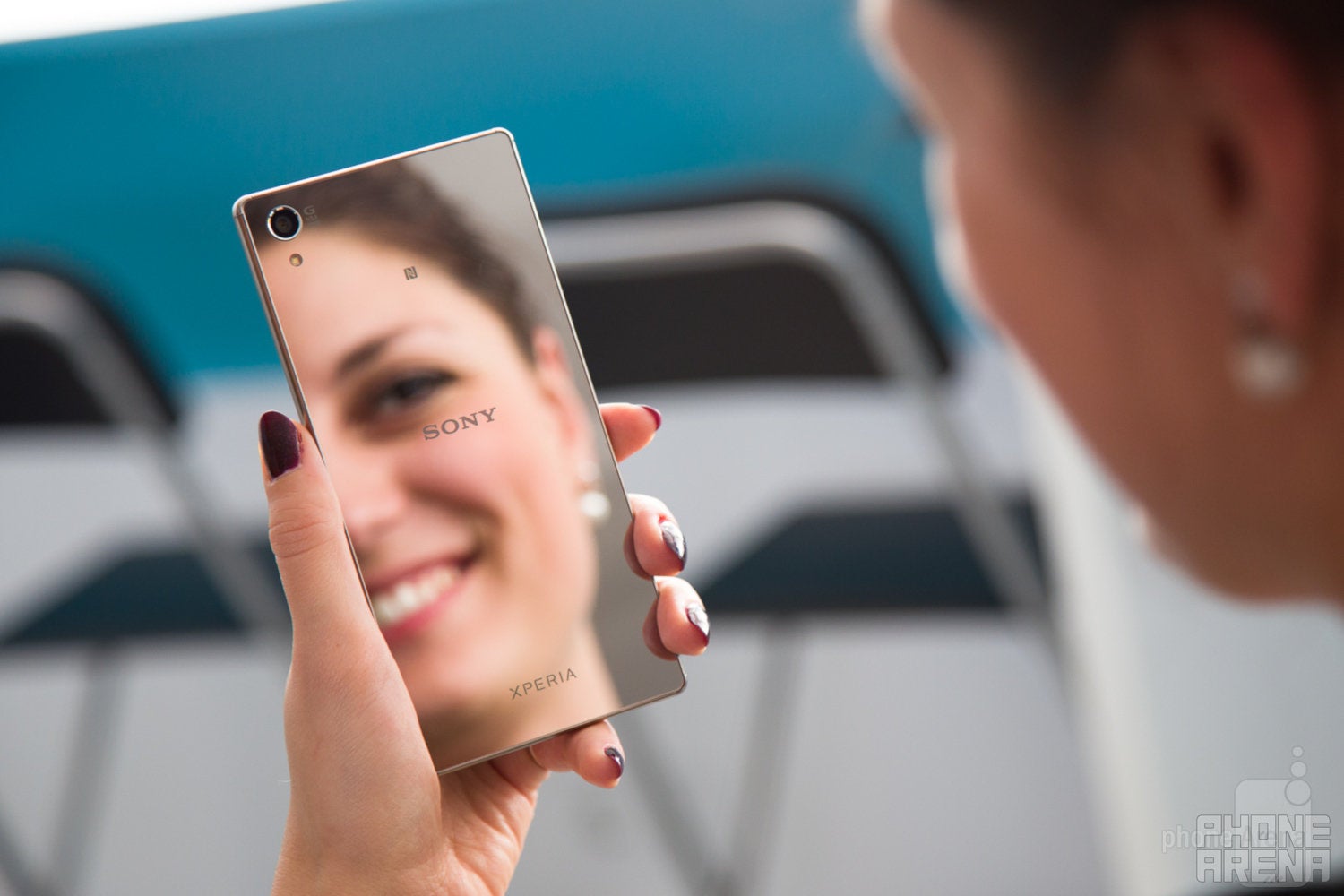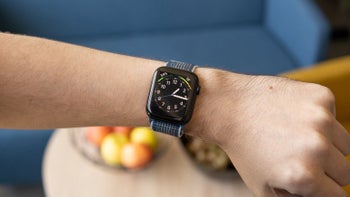Our phones might not be listening in on us... but are they watching us?

Computer science academics at the Northeastern University set out to examine if there's any truth to this myth. Long story short? The research did not find any concrete evidence that the microphones are used to listen in on us. But it found other alarming things — certain apps were taking screenshots, recording screen activity clips, or even using the phone's cameras to take footage and sent all of that information off to 3rd party servers.
(research document: Elleen Pan, Jingjing Ren, Martina Lindorfer, Christo Wilson and David Choffnes. Panoptispy: Characterizing Audio and Video Exfiltration from Android Applications. Proceedings of Privacy Enhancing Technologies, 2018(4).)
This ties in with another recent scare. You know how some smartphones are removing the notch and hiding their cameras in a pop-out mechanism? Like the Vivo Nex and Oppo Find X, which have been making news with their cool slide-out cameras?
Up until recently, we never had any way to know if our handset's camera was being used at times when it shouldn't. We trust that it is not, but these slide-out mechanisms might actually show us the truth. Since the camera is hidden inside the phone's body, if an app makes a request to use it, the phone's software responds by sliding the camera out. That's a tell-tale sign that something is going on behind the curtains.
Vivo has responded to this news by saying that it always implements strict management of application rights and that non-necessary permissions are turned off by default.
But that doesn't really mean anything, since apps will very often prompt the user to give them permissions to use phone sensors, and the person will often comply. After all, you want your chat app to have access to your camera, for whenever you are actually initiating a video call — like in the case of Telegram, which can be seen in the GIF above, popping out the camera while the user is just viewing their messages.

Oppo Find-who's-spying-on-you X
It's curious to see if phones like the Oppo Find X and other models with slide-out cameras, which are no doubt going to come in the near future, display similar peak-out-to-spy-on-you behaviors. If so, then we might have an alarming trend on our hands, which app developers will need to address and explain.
sources: Panoptispy; Abacus










Things that are NOT allowed: